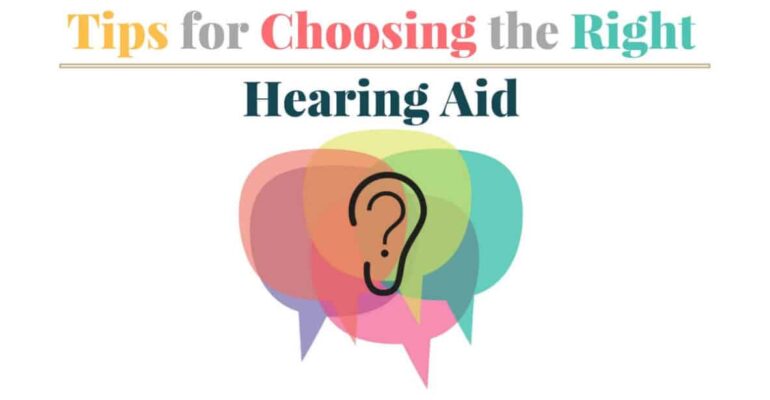factors for choosing right hearing aid
August 1, 2024 2024-08-01 6:36
factors for choosing right hearing aid
Choosing the right hearing aid is a crucial decision that significantly impacts your quality of life. With numerous options available, understanding the factors that affect this choice is essential. This blog will delve into the key considerations to help you make an informed decision that suits your specific needs and preferences.
Understanding Your Hearing Loss
The first and most important factor in choosing a right hearing aid is understanding the nature and extent of your hearing loss. A comprehensive hearing evaluation by a qualified audiologist is necessary to determine the severity and type of hearing loss you have, whether it’s conductive, sensorineural, or mixed. This evaluation will also identify the frequencies you struggle with the most. Based on this information, the audiologist can recommend hearing aids that are specifically designed to address your particular hearing loss profile.
Lifestyle and Daily Activities
Your lifestyle plays a significant role in determining the best hearing aid for you. Consider your daily activities and the environments you frequently find yourself in. If you spend a lot of time in noisy settings, such as restaurants, social gatherings, or busy workplaces, a hearing aid with advanced noise reduction and directional microphone features will be beneficial. On the other hand, if you mostly stay at home or in quieter environments, you may not need such advanced technology, which can reduce costs.
Technology and Features
Modern hearing aids come with a wide array of features that enhance the listening experience. Some of the most popular features include:
- Bluetooth Connectivity: Allows you to connect your hearing aids to smartphones, televisions, and other devices for direct streaming of audio.
- Rechargeable Batteries: Offers convenience and eliminates the need for frequent battery replacements.
- Directional Microphones: Improve the ability to focus on sounds coming from a specific direction, which is particularly useful in noisy environments.
- Telecoil (T-coil): Enables compatibility with hearing loop systems found in many public places, such as theaters and churches.
- Smartphone Apps: Allow you to control and adjust your hearing aids discreetly using your phone.
Evaluating these features based on your needs can help you choose a hearing aid that offers the right balance of technology and functionality.
Comfort and Fit
Comfort is paramount when choosing a hearing aid. If the device is uncomfortable, you are less likely to wear it consistently, which can hinder your ability to hear effectively. Hearing aids come in various styles, including:
- Behind-the-Ear (BTE): Fits behind the ear and is connected to an earpiece inside the ear. Suitable for all levels of hearing loss.
- In-the-Ear (ITE): Custom-made to fit within the outer portion of the ear. Suitable for mild to severe hearing loss.
- In-the-Canal (ITC): Smaller than ITE and fits partially in the ear canal. Suitable for mild to moderate hearing loss.
- Completely-in-the-Canal (CIC): Almost invisible and fits deeply within the ear canal. Suitable for mild to moderate hearing loss.
- Receiver-in-Canal (RIC): Similar to BTE but with the receiver placed in the ear canal. Suitable for mild to severe hearing loss.
Trying different styles and working with your audiologist to find the best fit can ensure long-term comfort and satisfaction.
Budget and Insurance Coverage
Hearing aids can be a significant investment, with prices ranging from a few hundred to several thousand dollars per device. It’s essential to consider your budget and explore the financial options available. Check with your insurance provider to see if they cover hearing aids. Some Medicare and Medicaid plans may offer partial coverage, and there are also financing plans and assistance programs that can help make hearing aids more affordable.
Brand and Manufacturer
The reputation and reliability of the hearing aid manufacturer can also influence your decision. Established brands often provide better customer support, longer warranties, and more advanced technology. Reading reviews, seeking recommendations from your audiologist, and researching different brands can help you choose a reliable and high-quality hearing aid.
Trial Period and Warranty
Most hearing aids come with a trial period, during which you can test the device and see if it meets your needs. This period is crucial as it allows you to experience the right hearing aid in your everyday environment. Ensure that the hearing aid comes with a comprehensive warranty that covers repairs and maintenance, as this can save you money and trouble in the long run.
Professional Support and Follow-up
Choosing the right hearing aid is not a one-time decision but an ongoing process that requires professional support. Regular follow-up appointments with your audiologist are essential to fine-tune the device and address any issues that may arise. A good audiologist will provide continuous support and make necessary adjustments to ensure optimal performance of your hearing aid.
Conclusion
Selecting the right hearing aid involves a careful evaluation of your hearing loss, lifestyle, desired features, budget, and the reputation of the manufacturer. By working closely with a qualified audiologist and considering these factors, you can find a right hearing aid that enhances your hearing and improves your overall quality of life. Take the time to research, seek professional advice, and make a choice that meets your unique needs and preference



